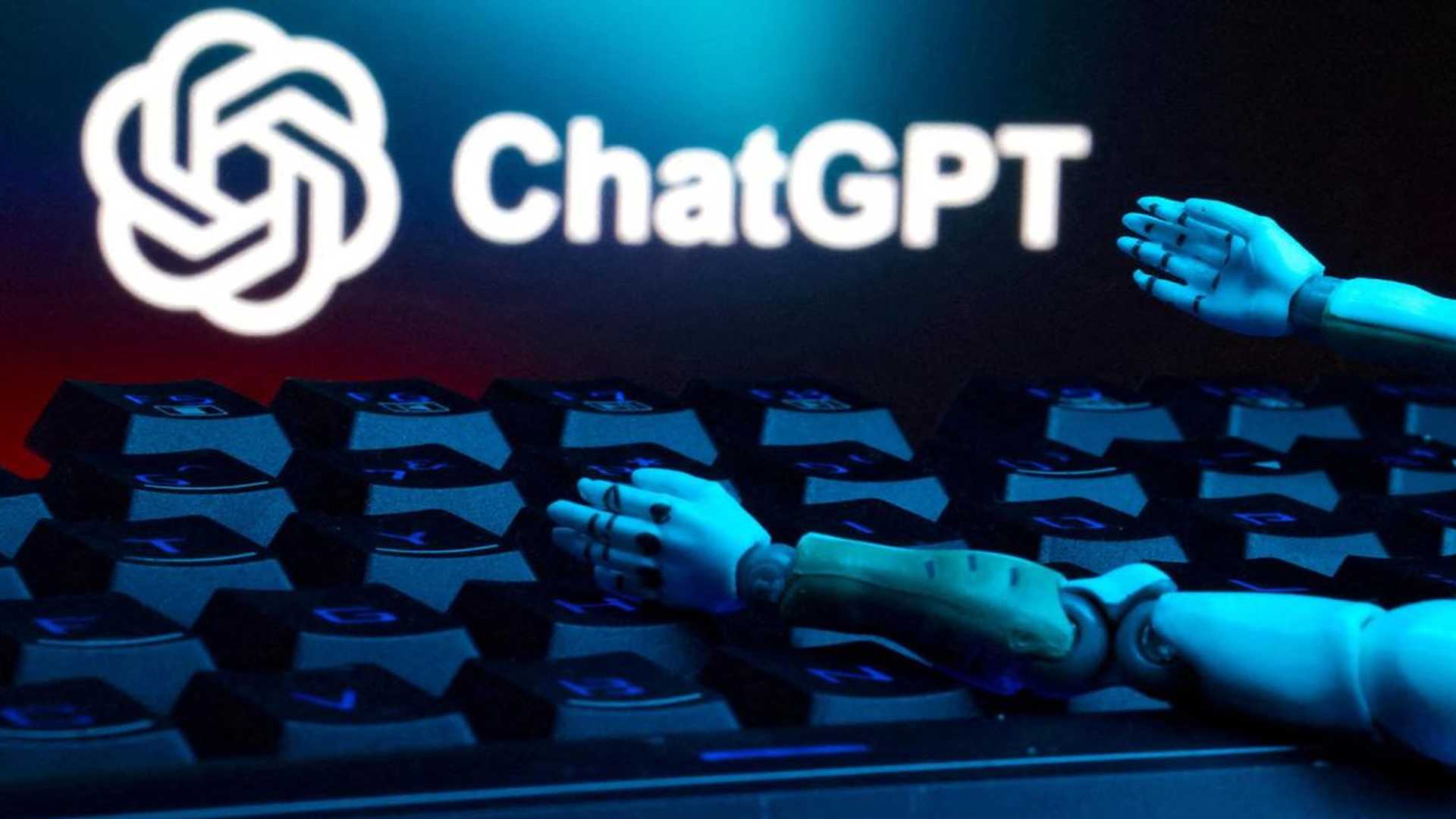Will users, organisations be in trouble for posting Ghibli-style AI images?
The recent surge of artificial intelligence-generated images resembling the iconic style of Studio Ghibli animations has sparked a heated discussion on plagiarism in the art world. OpenAI's latest ChatGPT update, launched on March 26, offers users the ability to transform their photographs into cartoons reminiscent of Studio Ghibli's renowned hand-drawn aesthetics with remarkable accuracy, free of charge.
Organisations and Individuals Embracing the Trend
Many individuals and businesses have enthusiastically embraced this trend of converting their images into Ghibli-inspired cartoons following the release of the new feature. Studio Ghibli, known for timeless animated classics like Spirited Away and My Neighbour Totoro, is adored for its distinctive warm color palettes and signature artistic style.
The White House, for instance, shared a Studio Ghibli-style portrayal of a real-life criminal in distress during her apprehension by law enforcement.  Likewise, SGAG, a popular comedy platform, faced backlash after sharing Ghibli-style versions of local memes. Even A&W Restaurants joined the bandwagon by posting an anime-style rendition of its mascot. The widespread popularity of this trend is evident, with even OpenAI's CEO, Sam Altman, updating his social media profile picture to reflect this trending style.
Likewise, SGAG, a popular comedy platform, faced backlash after sharing Ghibli-style versions of local memes. Even A&W Restaurants joined the bandwagon by posting an anime-style rendition of its mascot. The widespread popularity of this trend is evident, with even OpenAI's CEO, Sam Altman, updating his social media profile picture to reflect this trending style.
Legal Implications and Intellectual Property Concerns
While the adoption of AI tools to mimic established art styles is not new, the scale of anime-style creations has raised concerns, especially when used by organisations for promotional or marketing purposes.  Despite the outcry comparing this trend to plagiarism, legal experts suggest that existing laws provide limited recourse in such cases.
Despite the outcry comparing this trend to plagiarism, legal experts suggest that existing laws provide limited recourse in such cases.
According to technology lawyer Mr. David Alfred, copyright laws do not safeguard an artist's style, including Studio Ghibli's distinctive artistry. Copyright law typically protects specific expressions of ideas rather than broad artistic traits. As a result, individuals may not face legal repercussions for sharing Ghibli-style images online.
Risks for Commercial Use
However, organisations that utilize AI-generated Ghibli-style images for commercial activities, such as advertisements or merchandise, could potentially infringe on intellectual property rights. Mr. Alfred highlighted that such usage could mislead consumers and impact Studio Ghibli's licensing opportunities.
There are uncertainties regarding OpenAI's potential infringement of intellectual property in training its ChatGPT model to create Ghibli-style images. While non-commercial users may have lower copyright risks, uploading personal images to AI platforms exposes individuals to other potential privacy concerns.
Varied Perspectives on AI in Creativity
In the creative realm, opinions on AI's role are divided. While some advertisers and artists welcome AI for efficiency and creative purposes, controversies have emerged, such as the use of AI in film production. Renowned figures like Hayao Miyazaki have expressed reservations about incorporating AI-generated art into their work, emphasizing the importance of originality and artistic contribution.
As the debate continues, it is essential for users and organisations to consider the legal and ethical implications of creating and sharing AI-generated content. While AI technology offers innovative possibilities, navigating intellectual property rights and artistic integrity remains a critical challenge in the evolving digital landscape.




















